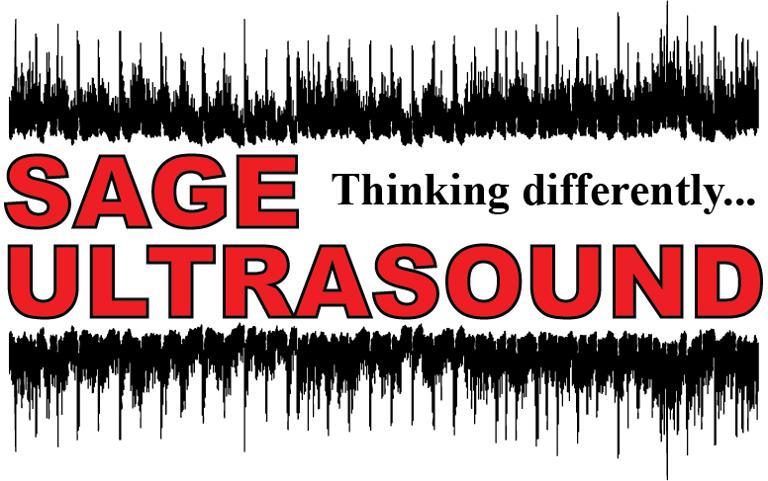Why did you create Deconstructing Ultrasound Physics?
Although I earned my Associate Degree in Diagnostic Medical Sonography in 1994, I chose not to sit for the certification exams after being accepted into a Physician Assistant program. Years later, as Point-of-Care Ultrasound (POCUS) emerged as one of the most powerful bedside tools, I recognized the need to make my credentials unimpeachable. The first step in that process was passing the American Registry for Diagnostic Medical Sonography (ARDMS) Sonography Principles and Instrumentation (SPI) exam.
I did what most candidates do: I read the standard textbooks, purchased online review courses, and attended live sessions. In the end, I managed to pass the SPI. Years later, when I pursued my Registered Diagnostic Cardiac Sonography (RDCS) credential, I was required to sit for the SPI again. I followed the same path, and passed again.
Yet when I looked back, a sobering realization struck me: despite passing the exam twice, I could not confidently explain some of the most fundamental concepts of ultrasound physics.
That gap between memorization for an exam and true conceptual understanding is what inspired me to take a different approach. I set out to create a new standard for teaching ultrasound physics, one that prioritizes clarity, visualization, and deep comprehension over rote memorization.
Why do you have to know ultrasound physics?
American Medical Associations Resolution H-230.960, Privileging for Ultrasound Imaging, recommends that “the criteria for granting ultrasound privileges should be in accordance with recommended training and education standards developed by each physician's respective specialty”.
And all specialty societies that have published recommendations on training and education standards for those performing point-of-care ultrasound (POCUS). Those recommendations include training in ultrasound physics as a requirement to ensure accurate image acquisition, interpretation, and patient safety.
So if you're going to seek privileges for POCUS, then yes, you should know, at minimum, the basics of US physics.
Why is it specifically necessary for those who perform Point-of-Care Ultrasound to know ultrasound physics?
Take the opportunity to visit with any of your institutions ultrasound labs and connect with an experienced sonographer. If you watch how they scan, what you’ll notice is that they use their knowledge of anatomy, pathology, and ultrasound physics to carefully search, change angles, and masterfully massage every control on the ultrasound machine in an effort to craft the optimal, most accurate image. They can be very artistic.
They complete their examination and present it to a sonologist for diagnosis. Every aspect of what’s presented is judged and scrutinized.
As a provider who practices Point-of-Care Ultrasound,
you're assuming the responsibility of both sonographer and sonologist.
To paraphrase a quote from Medical Physicist, Crispian P Oates: In the last several years, ultrasound has transformed into the only imaging modality in that anyone, given a probe and some gel, can produce an image. That is both its utility and its danger. The danger is not from a factor like ionizing radiation, but in not producing optimum images and interpreting them correctly.
Again, I want my knowledge of ultrasound to be unimpeachable.
